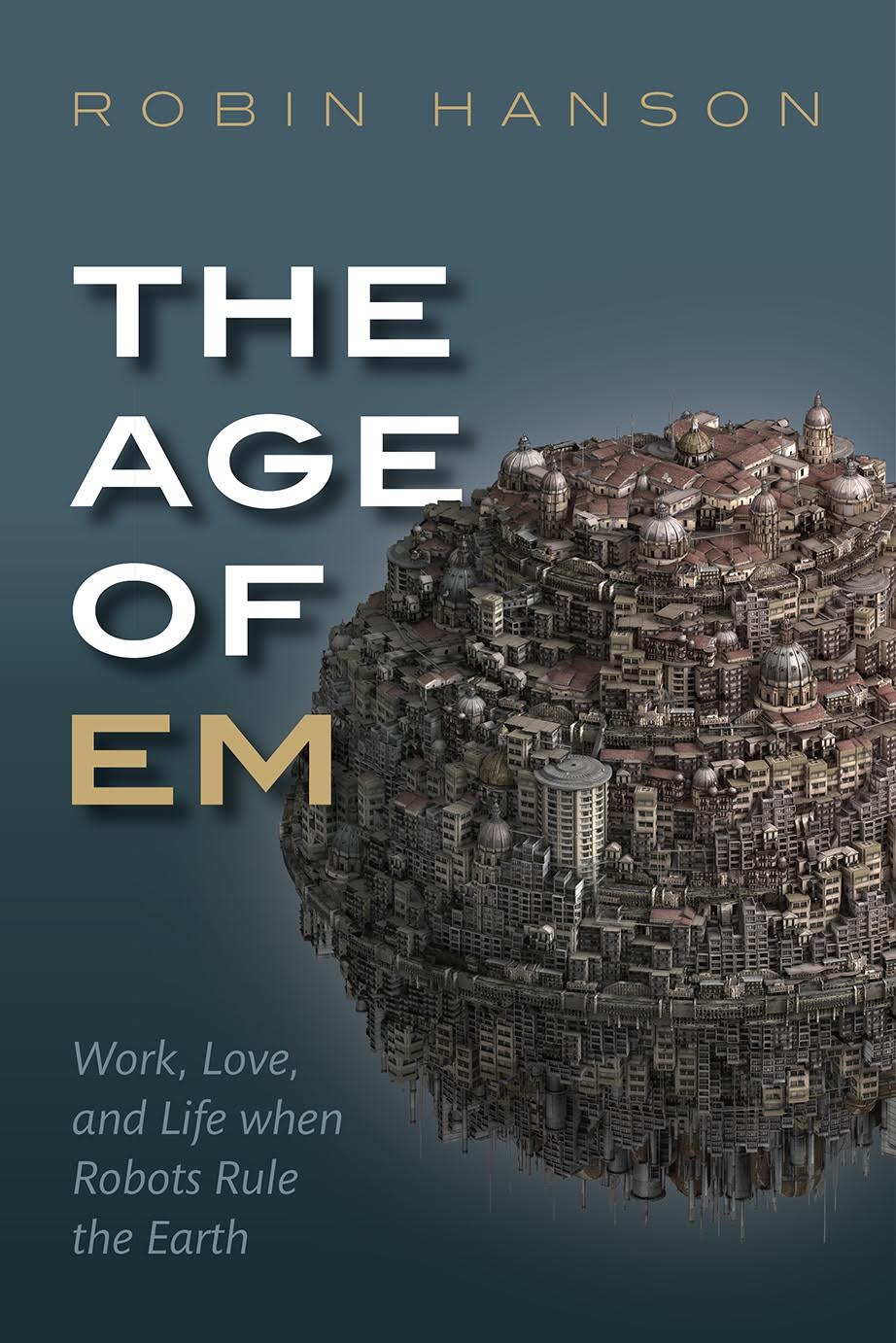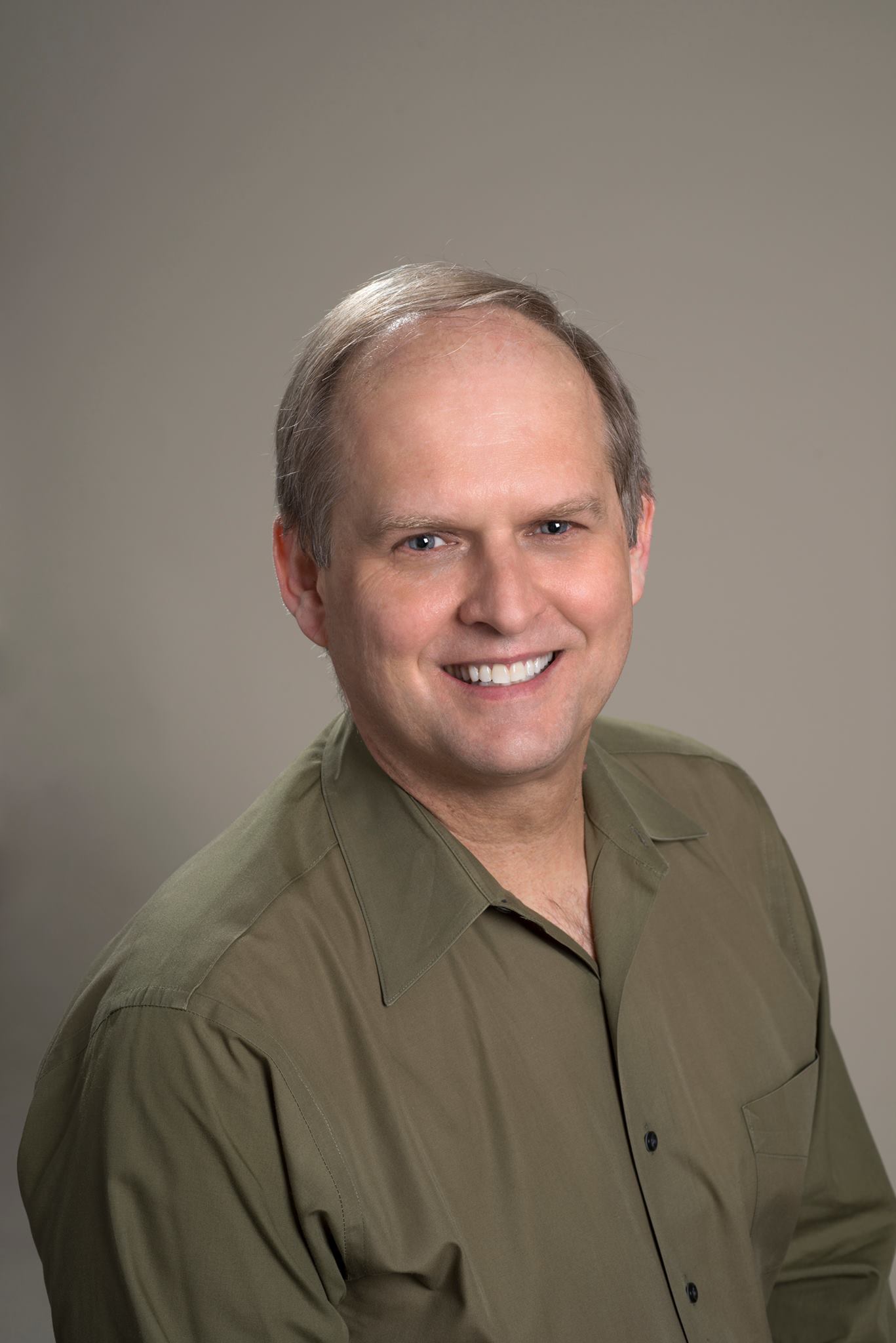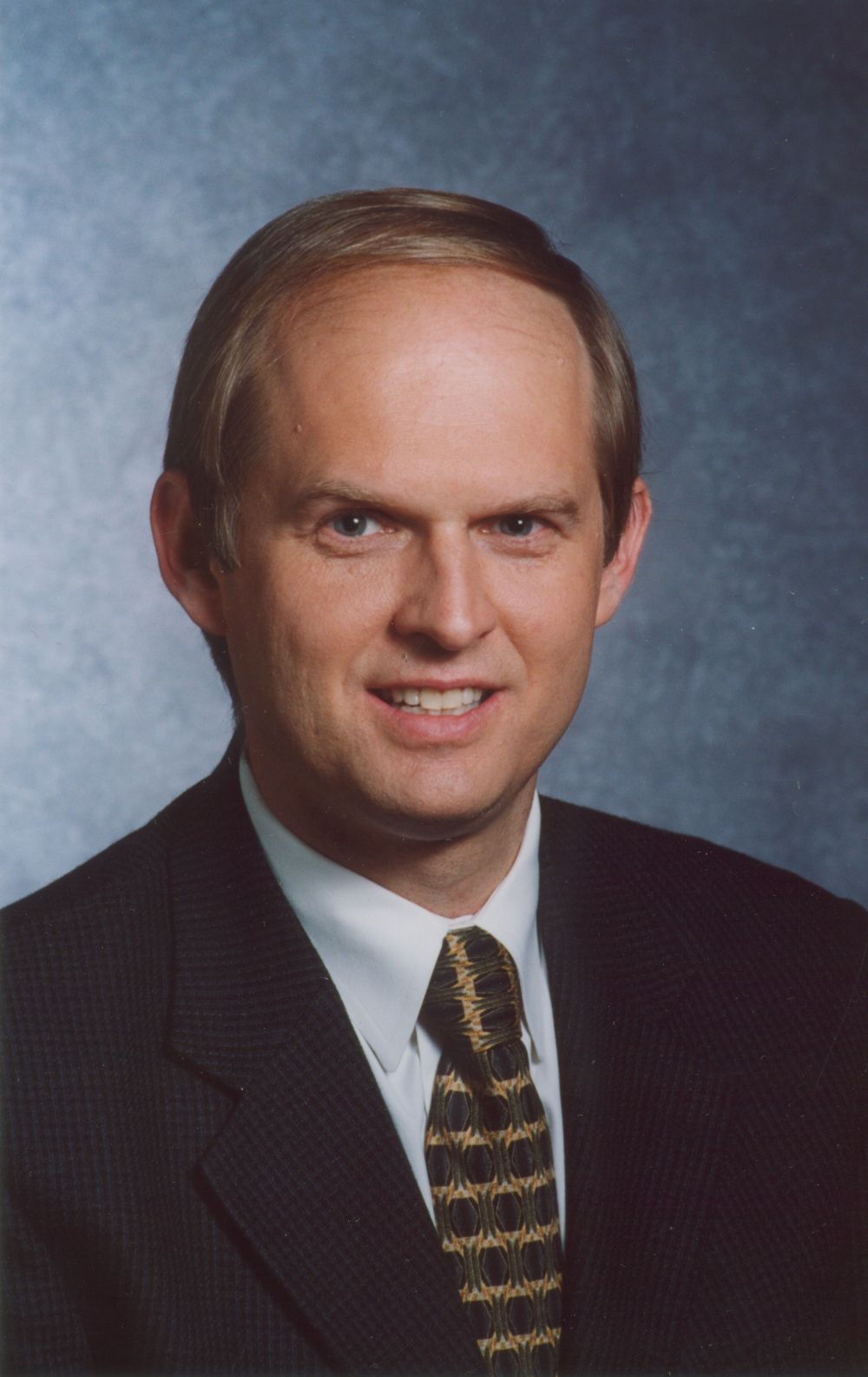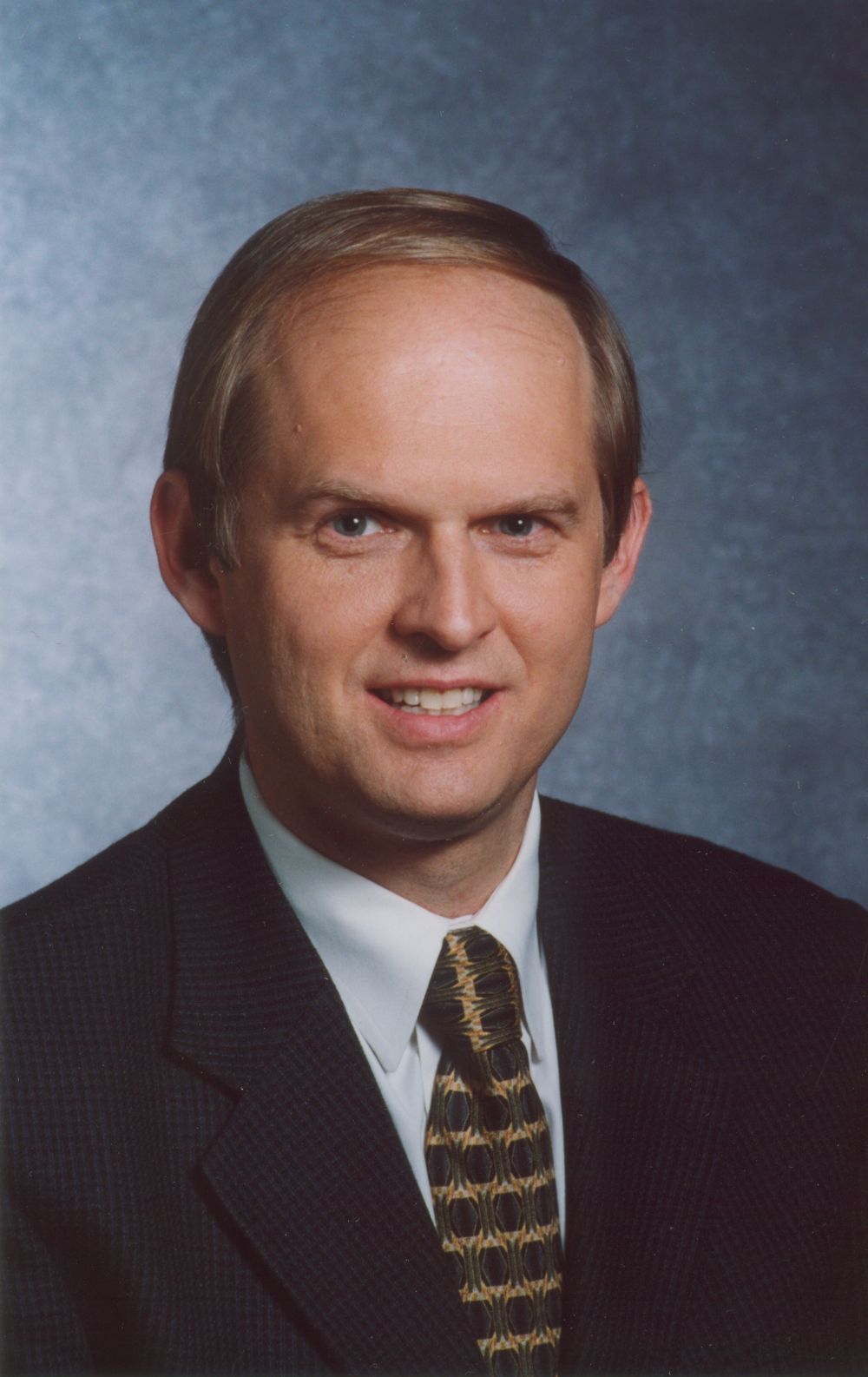Podcast: Play in new window | Download | Embed
Subscribe: RSS
The Age of Em by Robin Hanson is the best worst book I have read in a very long while. It is the best because Robin has a very effective, efficient and eloquent writing style and a personality to match it. Thus he is able to say utterly horrendous things – like “the 3rd Reich will be a democracy by now” or “Humanity will starve,” while keeping a smile and remaining the very likable fellow that he is. It is the worst because The Age of Em is an efficiency utopia: a place where democracy is inefficient [sic]; one person one vote doesn’t work [does it ever?], ems live to work and not the other way around [because currently, we can’t get enough work out of people], citizenship and voting are both for sale, leisure is to be taxed, and humanity has either starved to extinction or has become a tool of our tools.
by Robin Hanson is the best worst book I have read in a very long while. It is the best because Robin has a very effective, efficient and eloquent writing style and a personality to match it. Thus he is able to say utterly horrendous things – like “the 3rd Reich will be a democracy by now” or “Humanity will starve,” while keeping a smile and remaining the very likable fellow that he is. It is the worst because The Age of Em is an efficiency utopia: a place where democracy is inefficient [sic]; one person one vote doesn’t work [does it ever?], ems live to work and not the other way around [because currently, we can’t get enough work out of people], citizenship and voting are both for sale, leisure is to be taxed, and humanity has either starved to extinction or has become a tool of our tools.
The Age of Em is a book which has entirely forgotten that technology [or economics for that matter] is only a how but it isn’t and it shouldn’t be a why or a what. That technology is not what we seek but how we seek. And that technology, while necessary, is not enough.
And so, The Age of Em is a book where efficiency and effectiveness reign supreme at the expense of all else. In short, after reading the final version of the book, my opinion has not changed much since my previous interview with Hanson. Though, somehow and paradoxically, I like Robin personally more than last time and really enjoyed having a conversation with him. And the fact that he was happy to send me the final book to review and discuss speaks volumes about the kind of open-minded person and academic that he is. [He also told me he felt I was holding back during the interview – which I did, and so I hope he forgives me that I am not doing that in this preamble to our conversation ;-] And that is all very commendable indeed. But unfortunately, it doesn’t make for a good or insightful book. What it does make for is a good conversation about a future scenario I believe is dangerous and I hope is as far from reality as Robin estimated himself – i.e. 1 in 1,000.
As always you can listen to or download the audio file above or scroll down and watch the video interview in full. To show your support you can write a review on iTunes, make a direct donation or become a patron on Patreon.
Who is Robin Hanson?
 Robin Hanson is an Associate Professor of economics at George Mason University, & research associate at Future of Humanity Institute of Oxford University. He has a Caltech social science Ph.D., physics & philosophy masters from the University of Chicago, 9 years as A.I. researcher at Lockheed & NASA, 3200 citations, 60 academic publications, 560 media mentions, 250 invited talks, & 8 million visits to his blog OvercomingBias.com.
Robin Hanson is an Associate Professor of economics at George Mason University, & research associate at Future of Humanity Institute of Oxford University. He has a Caltech social science Ph.D., physics & philosophy masters from the University of Chicago, 9 years as A.I. researcher at Lockheed & NASA, 3200 citations, 60 academic publications, 560 media mentions, 250 invited talks, & 8 million visits to his blog OvercomingBias.com.
Oxford University Press published The Age of Em: Work, Love and Life When Robots Rule the Earth in June 2016, and in fall 2017 publishes The Elephant in the Brain: Hidden Motives in Everyday Life, coauthored with Kevin Simler. A prediction market pioneer since 1988, Hanson was the architect of first internal corporate markets, at Xanadu in 1990, of the Foresight Exchange since 1994, of DARPA’s Policy Analysis Market, from 2001 to 2003, and of IARPA’s DAGGRE and SCICAST from 2010 to 2015.




